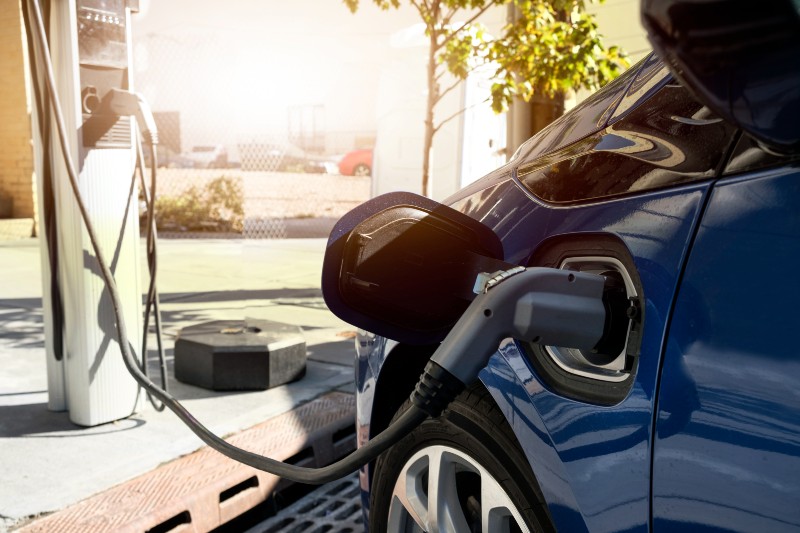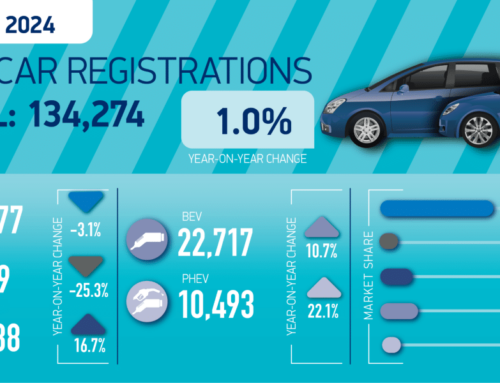FIAT in the UK, part of the Stellantis Group has again accused the government of sleepwalking into an electric vehicle crisis. With confirmation that no electric car grant is going to be reintroduced.
The government last week rejected recommendations to approve a wide range of proposals to accelerate the take-up of electric cars, which included the re-introduction of the electric car grant. Fiat said the the government is now well and truly on the cusp of the crisis the carmaker predicted.
Half a million electric and plug-in hybrid (PHEV) vehicles were registered during 2023, but Fiat said the EV market for private buyers is in real jeopardy, accounting for fewer than one in five (18.2%) new electric cars registered in 2024.
The carmaker said in a statement: “The government says it is targeting its incentives where they have the most impact and deliver the greatest value for money. Whilst we welcome that there is an incentive in place for electric van buyers, we know the biggest barrier to entry for a retail electric car buyer is price.
“Surely, then, the greatest impact would be to address this by helping to reduce the upfront cost of the car, via the reintroduction of a government grant. Fiat is playing its part in that with the continuation its own £3,000 grant – the Fiat E-Grant on all electric models in its range.
Among the recommendations in the report, entitled EV Strategy: Rapid Recharge Needed, which was considered by the government last week, was the re-introduction of the plug-in car grant (PiCG) and levelling out the VAT difference between public and home charging.
The re-introduction of the PiCG was a key recommendation to support the transition to EV ownership, and was seen as a shot in the arm to supercharge sales of private electric cars after they have been faltering in recent months. Carmakers such as Fiat supported the recommendations.
EV grants of £5,000 were originally made available in 2011, but have since been gradually reduced before being axed in 2022.
The Government welcomed recommendations and alluded to the ZEV mandate which requires 80% of new cars and 70% of new vans sold in Great Britain to be zero emission by 2030, on a pathway to 100% by 2035, but disagreed with Recommendation 7 of the report which suggested that the Government explore targeted grants to incentivise the purchase of EVs.
Further to this, the Government also disagreed with the recommendation Recommendation 33 to equalise the VAT differential of public charging from its current rate of 20 per cent in line with domestic chargers which have a rate of 5%. The Government noted in the report that there are no current plans to change the VAT treatment of electricity supplied at public EV charge points.
The National Franchised Dealer Association also expressed its disappointment. Chief Executive Sue Robinson said: “The Government has largely ignored wide calls from the automotive industry to introduce price incentives for buyers of EVs. The Government’s response comes at a time when there are concerns that the EV market is stalling.
“There is also the matter of private demand which has been languishing behind fleet for several months now. NFDA has repeatedly called for measures from the Government to aid dealers and consumers during the transition to electric including through the introduction of price incentives and the harmonisation of VAT in public and domestic charging.
“The UK has some of the most ambitious climate commitment targets such as the ZEV mandate but offers little in respect of incentives. We urge the Government to urgently reconsider the views held in their response and to work with the industry to achieve the best outcomes for dealers and consumers.”







Leave A Comment